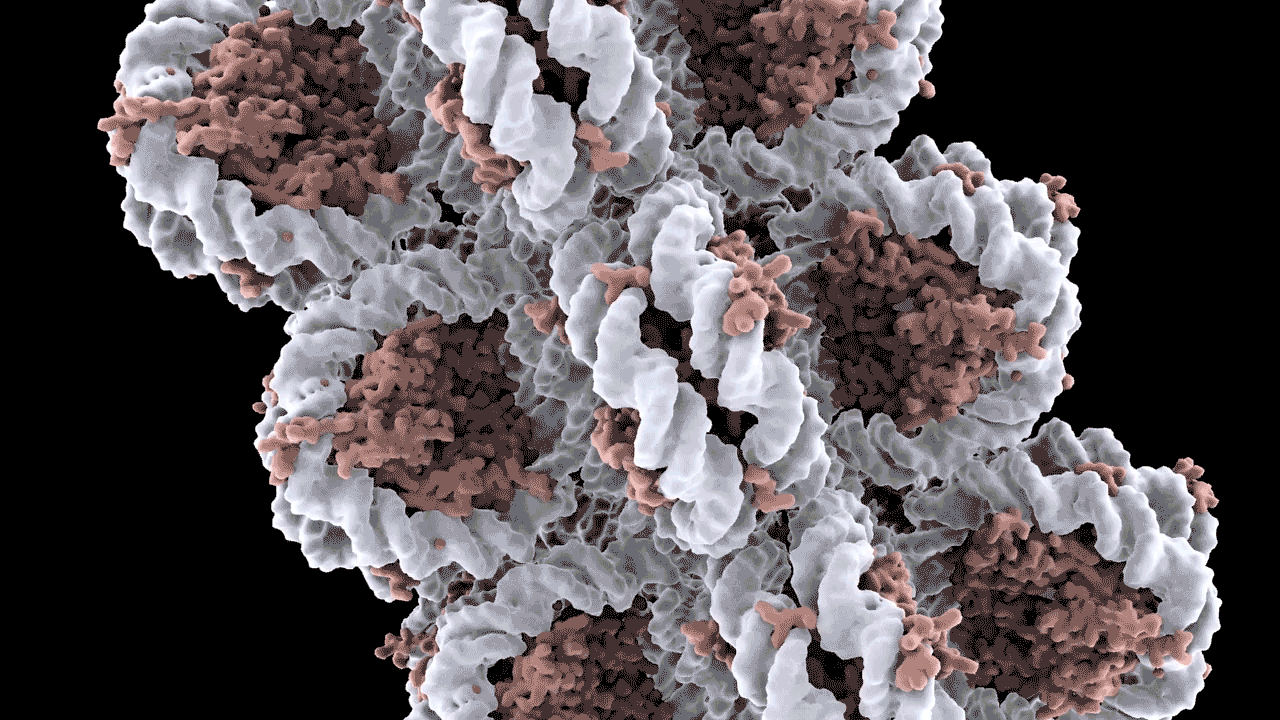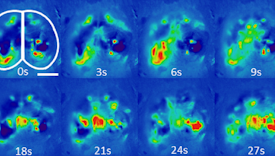
Hongjun Song, Ph.D.
Professor of Neuroscience, University of Pennsylvania
SFARI Investigator, SFARI Scientific Review Board WebsiteResearch in Hongjun Song’s laboratory focuses on understanding mechanisms regulating neural stem cells and neurogenesis in the mammalian brain and how these processes affect neural function. Song is interested in the endogenous function of adult hippocampal neurogenesis and exploiting this system as a robust model of neural development to investigate molecular, cellular and circuitry mechanisms underlying the etiopathology of neurodevelopmental disorders. Insights from the investigations in his lab may also facilitate novel strategies for cell transplantation and regeneration following injury or degenerative diseases affecting the nervous system.
Song’s lab’s contributions to understanding adult neurogenesis in rodent models include the identification of radial glia-like precursors as self-renewing and multipotent adult neural stem cells, characterization of a critical period of plasticity for newborn neurons, dendritic and axonal development and synaptic integration. Song’s team has also identified novel mechanisms that provided a link between local circuit activity and stem cell activation, proliferation and neuronal development. In the course of investigating activity-dependent regulation of adult hippocampal neurogenesis, they identified a novel mechanism and functional role for dynamic DNA demethylation in post-mitotic neurons. They have since actively pursued questions in the emerging field of neuroepigenetics and advanced our understanding of DNA modifications and chromatin dynamics in the adult mammalian brain.
Song’s team has also been using patient-derived induced pluripotent neural stem cells (iPSCs) to understand basic mechanisms underlying human neural development and developmental brain disorders using both 2-D cultures and 3-D brain organoids. Song’s group published the first study using iPSC lines from schizophrenia patients. They were also the first to show that the Zika virus targets human cortical neural progenitors and attenuates their growth. Recently, his lab has begun to focus on neuroepitranscriptomics as a new mode of plasticity in dynamic gene expression and a potential locus of dysregulation in neurological and neurodevelopmental disorders.

